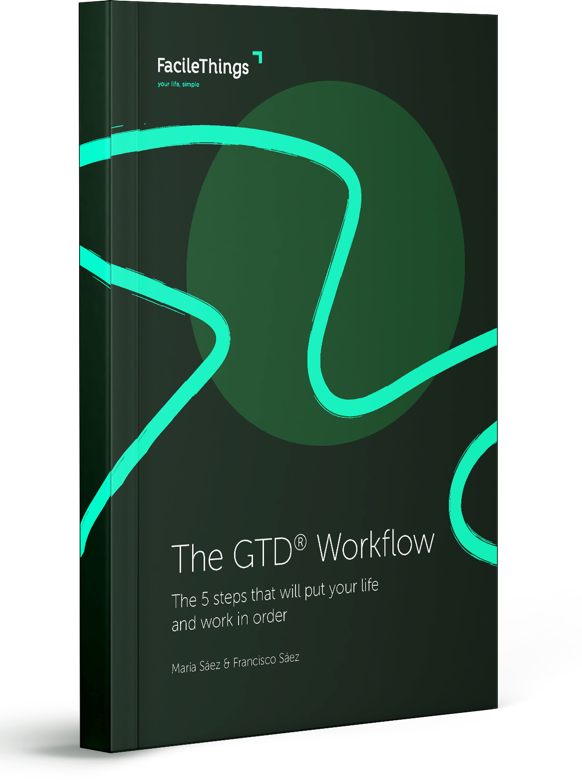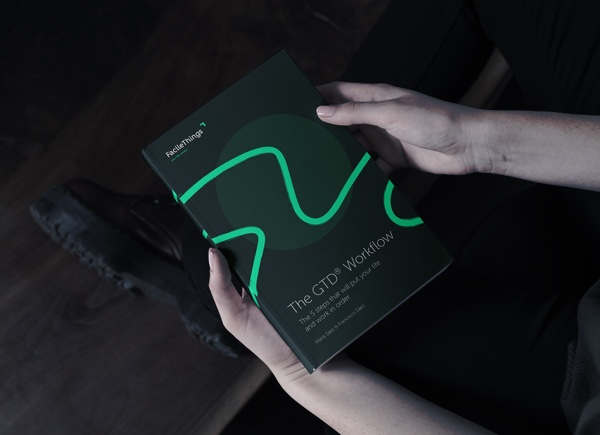Personal Productivity
How to Stay Productive in the Information Age
AUTHOR: Francisco Sáez
Due to the great technological advances of recent years, we find ourselves at a moment in history in which we receive an amount of information, both on a personal and professional level, that is impossible to manage in its entirety. This can pose a serious threat to our productivity and even, if we don’t take the right measures, to our mental health.
In the professional environment, the amount of information and its multiple sources, and the number and diversity of tasks we have to carry out have become a challenge for almost any worker. We are bombarded with countless emails and instant messages of all kinds (via Whatsapp, Telegram, Slack, Teams, etc.), and apps send us all kinds of alerts to grab our attention.
And all this information reaches us simultaneously on the computer, laptop, tablet and cell phone. There is no escape. However, it’s clear that to be effective at your job you can’t just be an email manager and spend the day attending to chats. So how can you stay productive in such an environment?
A few tips on the subject:
- Set limits to the consumption of information. In the first place, you must understand that a good part of the information you consume, you do so because you want to. Therefore, you alone are responsible for establishing good information consumption habits. Information in itself is not harmful, but if it makes you waste your time and make wrong decisions, then you need to set limits. What things bring value to your life and work? What things make you waste your time?
- Turn off all alerts and notifications from the apps you work with. If you want to survive information overload you need to learn to function in asynchronous mode. Instead of living with constant interruptions, plan two or three times a day when you will attend to all the messages and emails that have been accumulating. The rest of the time, finish your tasks.
- Capture everything that may have potential value for you. Don’t let all the information inputs interrupt what you’re doing. Write them down in a reliable system that you can later retrieve (notebook, app, voice recording) and continue doing what you were doing. There will be a time to process and evaluate each thing you have captured.
- Set priorities. If you don’t have clear priorities it’s easy to get distracted by things that “seem” urgent or important, but aren’t. Define clearly what your medium-term objectives and areas of focus are; this will help you to distinguish the important from the urgent in an intuitive way and choose the most appropriate option at any given moment.
- Distribute your workday strategically. Instead of spending all your time reacting to whatever comes up, set up blocks of time to do shallow work (handling mail, answering calls, taking chats, administrative work) and blocks of time to do deep work (whatever you do to contribute and add value to your work). Don’t let distractions creep into your deep work periods. Be true to your system.





No comments